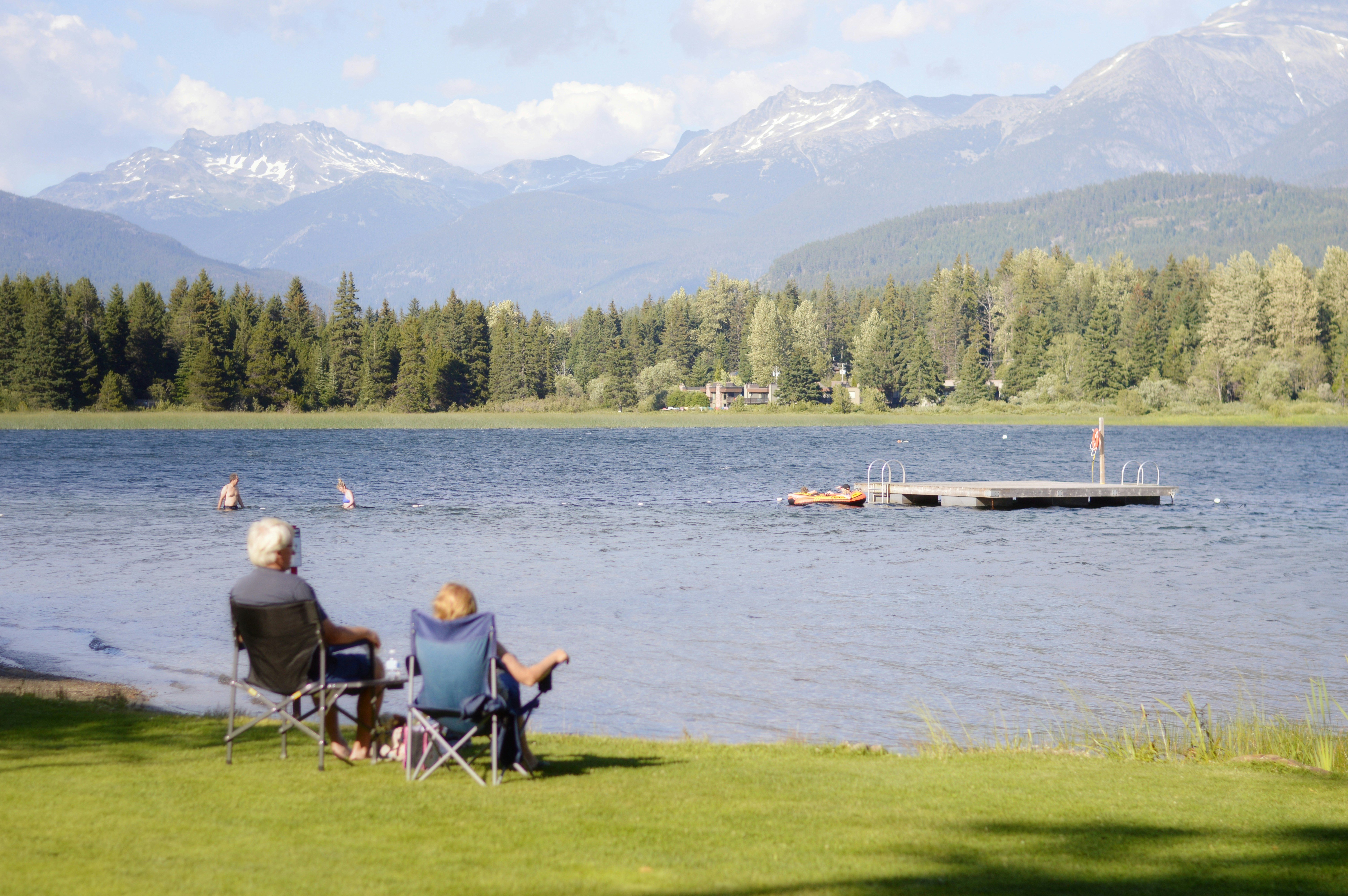
Earlier in life, most folks say their responsibilities of family and work dictate where they live. But by age 61, most people believe they’re free to decide where they most want to live. That’s according to a 2014 study from Merrill Lynch.
CNBC’s recent article, “A financial flight plan for snowbirds,” says that it’s not surprising to see retirees move, at least part time, to their dream destination. More than a third of retirees surveyed, told Merrill Lynch that they’d already moved, and another 27% anticipated moving soon. But before you begin splitting time between two or more states, think about which state you want to be your primary place of residence, or domicile because you can have multiple residences—but only one domicile.
You should consider the advantages of choosing one state instead of another, like the fact that there are several warm weather states that don’t have a state income tax. Others have tax breaks on retirement income and on real estate taxes for older residents. Estate taxes can also be more favorable in some states than in others.
Once you’ve decided, be prepared to show the government that the state you picked is truly your domicile state. Some states have investigated people who say they’re now residents in other states and who say they don’t owe any taxes.
Each state has its own requirements to prove residency. For example, some basics are heading to the local DMV and changing your driver’s license, as well as changing your mailing address and tax return address. A big mistake people make is having their income tax return sent to the wrong state. That can be a bad move, since the federal government and state governments share this type of data.
You should also speak with an experienced estate planning attorney in your new domicile state to be certain that all your financial and estate-planning documents, like your will, powers of attorney, and healthcare or medical directives, still are legal under the laws of your new state.
In addition, you’ll have to change your auto insurance policies to be adequately covered in both states.
Making the move and becoming a snowbird can be a big change. Experts suggest you give it a test run first. Some folks find that they miss their families and friends too much to spend the majority of their time in that once-dream locale. Don’t buy a new home in a different state right away. Try renting for a few months to see how you really adjust.
Reference: CNBC (December 8, 2016) “A financial flight plan for snowbirds”

